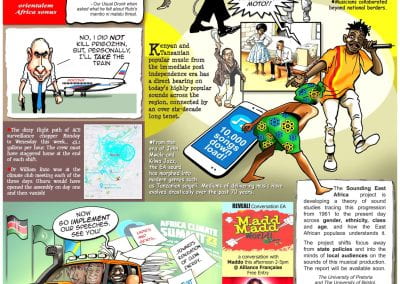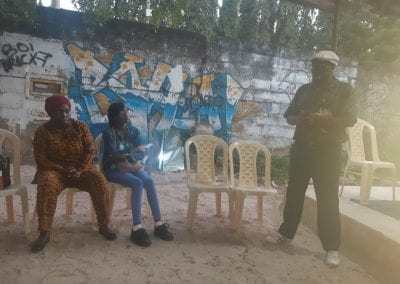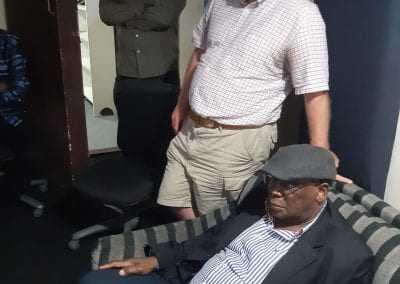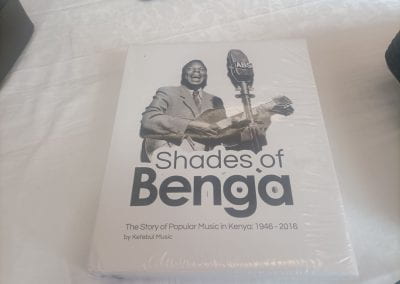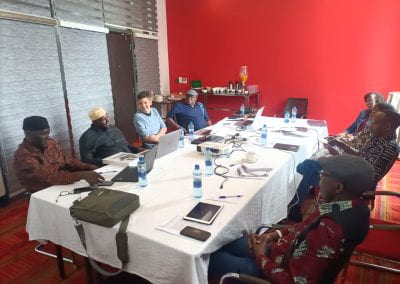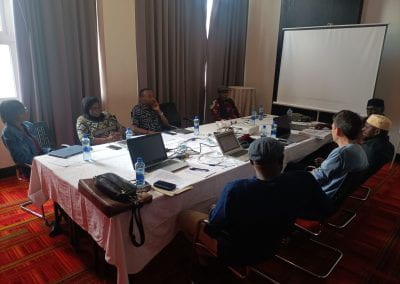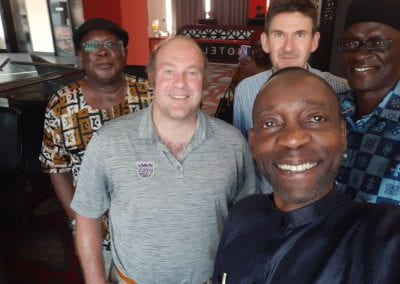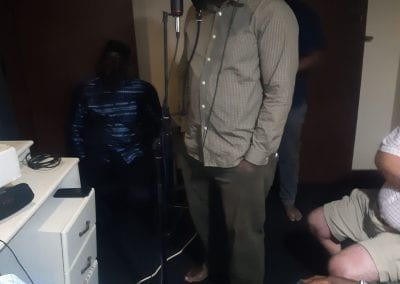Sounding East Africa
Music, Technology & Ideology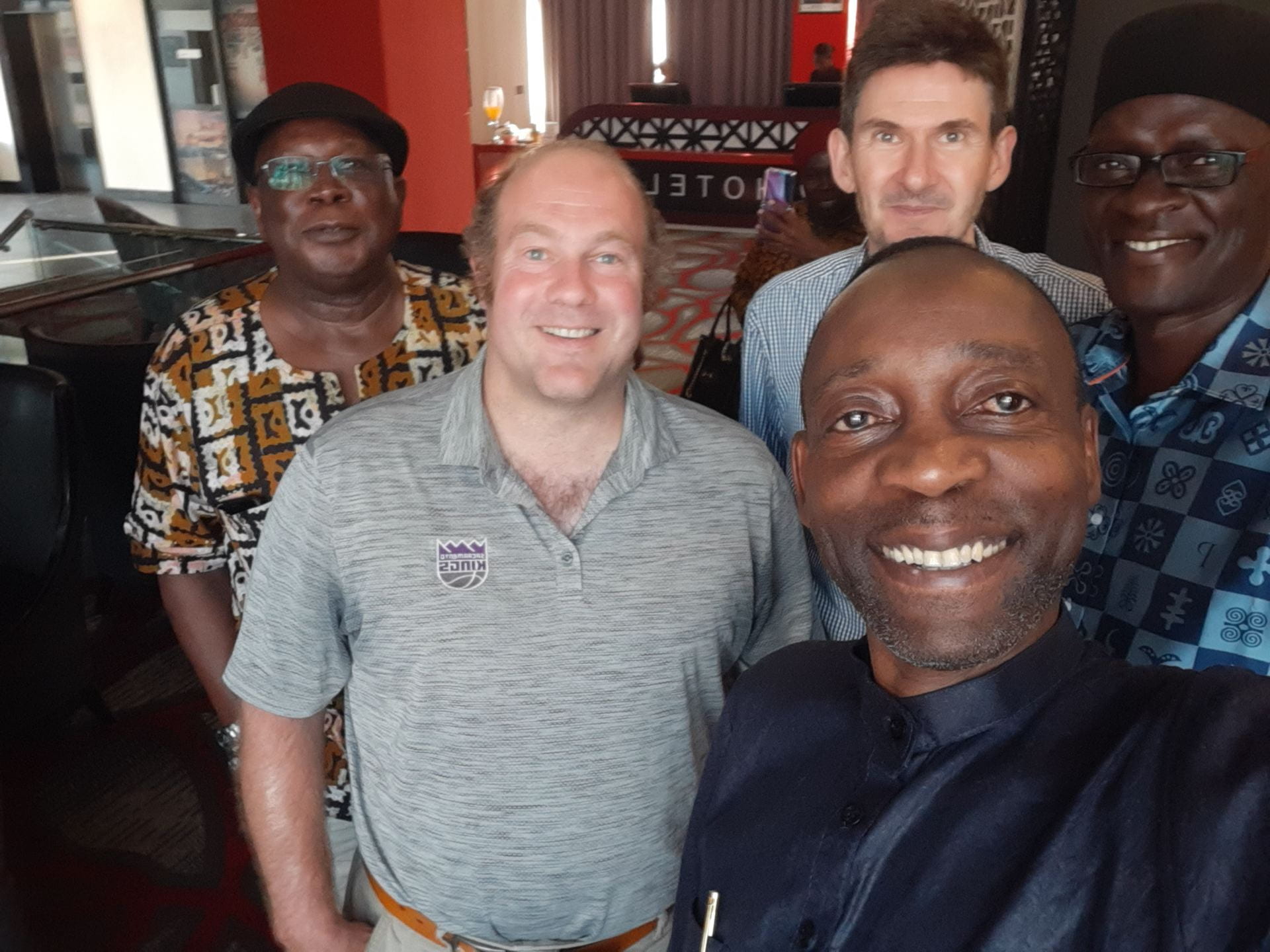
Sounding East Africa: Music, Technology and Ideology
Project team
- Principal Investigator: Professor James Ogude, University of Pretoria
- University of Bristol collaborator: Dr Justin Williams (Music)
- Co-Investigator: Dr. David Kerr (Africa Oxford Initiative)
- Partners: Professor Shani Omari, Director Institute of Kiswahili Studies, University of Dar es Salaam, Tabu Osusa, Ketebul Music, Dr Tom Mboya, Moi University, Hashim Rubanza, Imetoka Collective, Paul Kelembe aka Maddo, Tabitha Osoro, Moi University
Summary
It was in part through music that the newly independent nations of Kenya and Tanzania were imagined. In both countries music played a crucial role in the mobilisation of anti-colonial movement and at independence became an important element in communicating their new national identities and governing ideologies. From the 1950s to the 1990s radio was the principle medium through which the state could communicate with the population and music a vital element to creating new radio publics. In both countries up until the 1990s the state controlled the sole operating radio station, The Kenya Broadcasting Corporation (KBC) in Kenya and Radio Tanzania Dar es Salaam (RTD) in Tanzania. The nation was in a sense literally sounded into being. At the same time there were tensions within these project of national sonic imagining as popular genres such as rhumba, dansi and taarab drew heavily of transnational influences stretching across the Black Atlantic and the Indian Ocean. Musicians themselves frequently collaborated across national borders operating within a regional rather than national musical economy.
Using archival research and oral history, this project seeks to ask how East African audiences across gender, ethnicity, class and age have understood the sounds of this musical canon, popularly referred to as Zilipendwa / Zilizopendwa (the ones that were loved). We also seek to understand what happens to music when it travels across history and how genres are recast in the process.
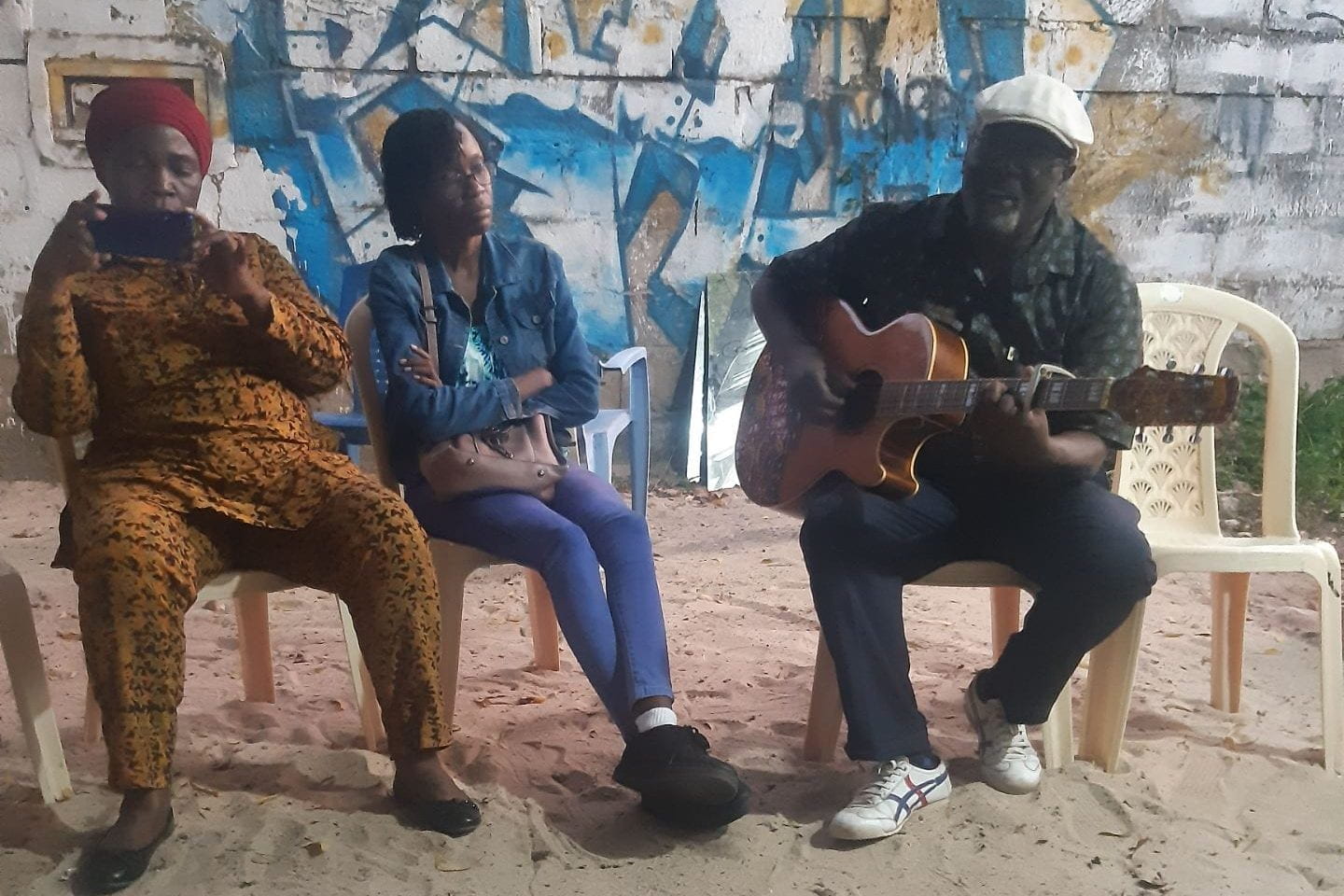
Activities and Outputs
In August 2023, we held an in person workshop in Dar es Salaam with the team, presenting research which will form a special issue of The Journal of Eastern African Literary and Cultural Studies. We created a track at the Block 41 studio, as well as visited a talk by John Kitime at the Nafasi Art Center. There are plans to expand the project to help preserve the history of this music, to create resources in Swahili and in accessible formats, and to inspire a new generation of artists to sample from the past to create new avenues in popular music.
Objectives
The project’s objectives will be to:
- Develop a novel theory of sound rooted in the distinct East African understanding of music, sound, technology, listening practices and publics. This project will build on the important body of scholarship by East African scholars of popular culture rooted in thinking with and through African languages (Wa Thiong’o 2004, Ogude and Nyairo 2007).
- Document the histories of popular music and sounds which emerged in East Africa during the 1960s and 1980s, exploring how sound was understood by audiences, musicians, studio engineers and technicians.
- Communicate its findings about this critical period in local musical history within East Africa through print-media and radio broadcasts.
- Develop a model for equitable partnership between the North and Africa, better and less well-resourced institutions on the continent and between scholars and practitioners.

